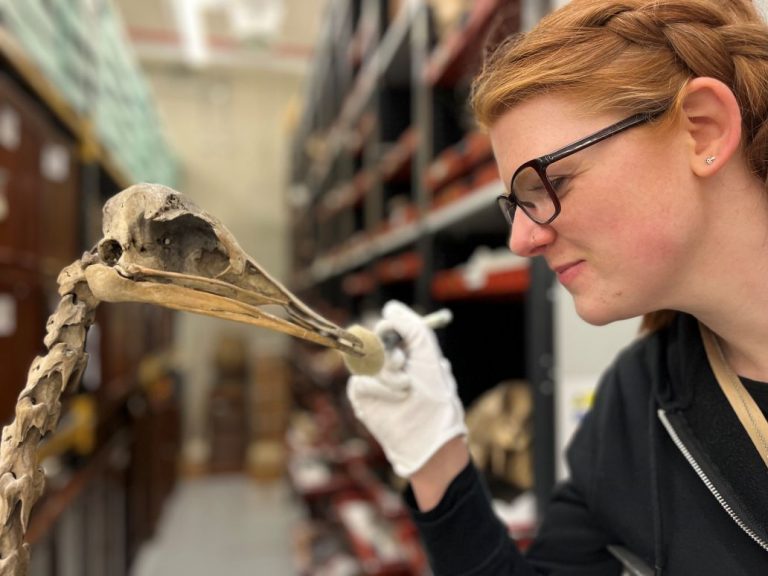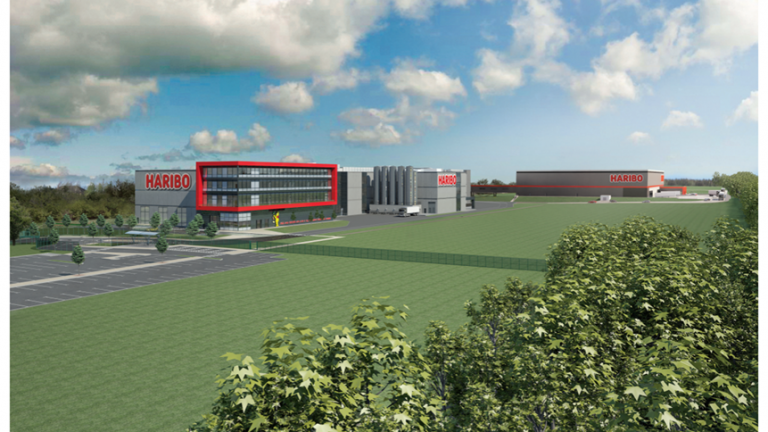IntelliAM, a Yorkshire-based tech firm, has successfully entered the US market, securing its first order from a leading food manufacturer. The order covers three major manufacturing sites and will see the integration of IntelliAM’s AI and machine learning technology. The company’s software, on-site sensors, and technology support will help the manufacturer optimise operations and enhance return on investment.
Installation of IntelliAM’s AI systems is set to begin this month, with the initial contract spanning 12 months. This expansion marks a significant step in IntelliAM’s global strategy to improve machine asset performance and boost productivity across industries.
IntelliAM’s technology helps manufacturers extract actionable insights from operational data, improving asset care, reducing downtime, and increasing productivity. With an established client base that includes half of the world’s top 12 food and drink producers, the company’s AI solutions are increasingly becoming essential in enhancing manufacturing efficiency and reducing operational costs.












